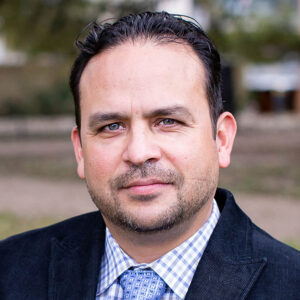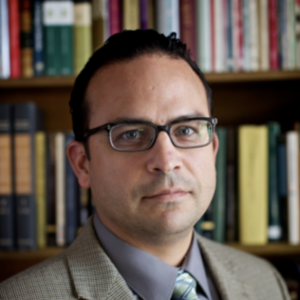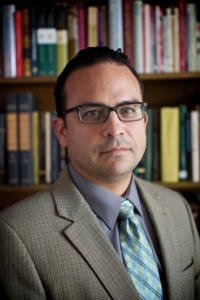Select an item by clicking its checkbox
“I just do not know if I have it in me to write another paper” were one student’s words midway through my Hosea exegesis course. By this time, I was on my third semester of pandemic teaching. Zoom fatigue had set in alongside our unceasing grief for the daily ...
For many of my students, voicing themselves is not the issue. Mostly, they are terrified of revealing their authentic voice. Although I empathize with them, my role as teacher obligates me to keep them faithful to its discovery, even if their authentic voice is not a fixed thing. Hence, I ...
For Gloria Anzaldúa, the borderlands are rooted in US-Mexico geopolitics in which the border wall is both a socializing project and an everyday policing structure. Although Anzaldua’s activist hermeneutic of the borderlands has a state of transcendence in view, it remains politically grounded given that her experience with ...
The social justice issue that I have consistently raised in my biblical exegesis courses has been US immigration. As I tell my students—mostly white middle-class Protestants fixed on parish ministry—engaging this topic in a sermon will likely incite some criticism from parishioners or even set in motion a ...
My introduction to Old Testament course has served as an experimental site for decentering racializing master-narratives, especially those that have contributed to the marginalization of the Other in the Texas-Mexico Borderlands. As a Latino biblical scholar, decentering represents an important pedagogical tactic that is shaped and informed by various forms ...


